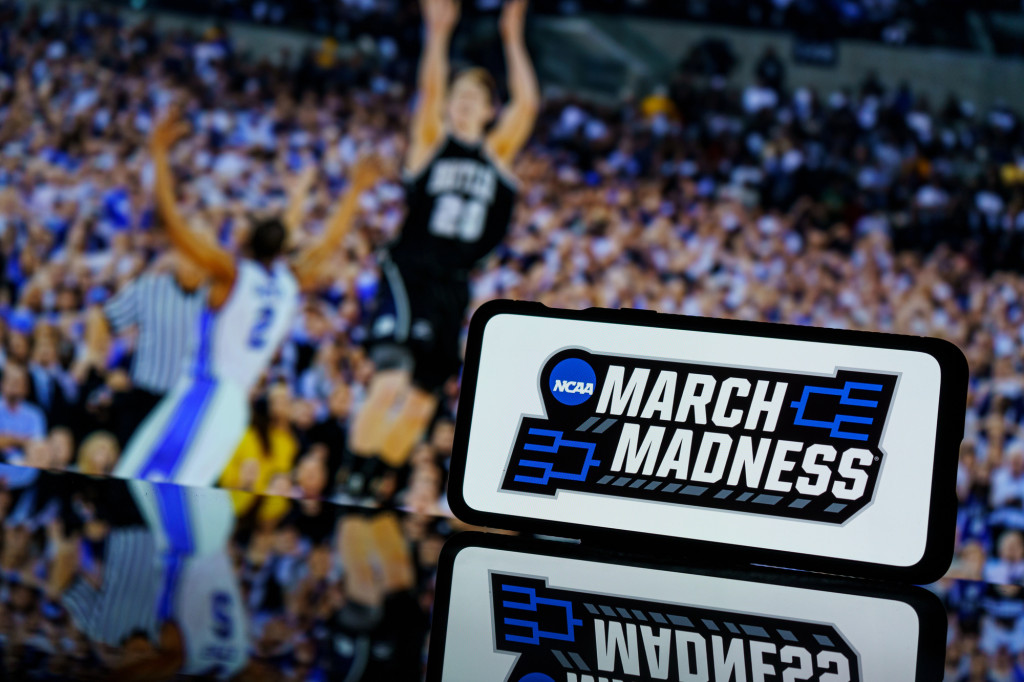President Donald Trump is expected to sign a controversial executive order in the coming days that would place national limits on how college athletes can profit from their name, image, and likeness (NIL), shaking up one of the most transformative changes in collegiate sports in decades.
According to multiple sources familiar with the plan, the executive order would create uniform national standards for NIL deals, overriding the current patchwork of state laws that have fueled a fast-moving and sometimes chaotic marketplace since the NCAA loosened restrictions in 2021.
For many, NIL has been a game-changer. For the first time, college athletes have been able to cash in on their talent, with some student-athletes landing endorsement deals worth millions before ever turning pro. Whether through brand sponsorships, social media partnerships, jersey sales, or hometown car dealership ads, college athletes have entered a new era of personal branding and financial independence.
But Trump’s move could signal the beginning of a new, more restricted chapter.
While full details haven’t been publicly released, insiders suggest Trump’s executive order will mirror elements of the recently advanced SCORE Act, a bill introduced in the House to bring federal oversight to NIL deals. That bill, which passed a House subcommittee along party lines, seeks to streamline rules across state lines and potentially reassert some control back into the hands of the NCAA.
Critics of the legislation and the expected executive order say it could tip the scales back in favor of the NCAA and universities, limiting athletes’ earning potential while doing little to protect their rights in areas like contract transparency, health coverage, or long-term benefits.
For decades, the NCAA fought to keep college athletes from being paid, arguing that compensation would corrupt the spirit of amateur sports. But years of lawsuits, public backlash, and bipartisan political pressure eventually forced the NCAA to back down in 2021, clearing the way for NIL deals. Since then, the NIL era has redefined what it means to be a student-athlete.
But that new reality is already facing headwinds.
Just last month, a federal judge approved a landmark legal settlement allowing universities to directly pay student-athletes, marking another massive shift in how college sports operate. Trump’s executive order, if signed, would be a sharp pivot back toward regulation, potentially dialing down the open market NIL system that’s blossomed over the past three years.
The executive order is expected to spark debate from athletes, universities, boosters, and advocacy groups. Supporters of NIL argue it has finally leveled the playing field, giving athletes, especially Black athletes in revenue-generating sports like football and basketball, a chance to benefit from the billions their talent brings in.
Critics worry the Wild West of NIL is unsustainable and ripe for exploitation without federal oversight.
Either way, the executive order could mark the beginning of a new phase in the NIL era, one where the federal government, not the NCAA, state governments, or the athletes themselves, starts to call the plays.
Photo Credit: DepositPhotos.com




